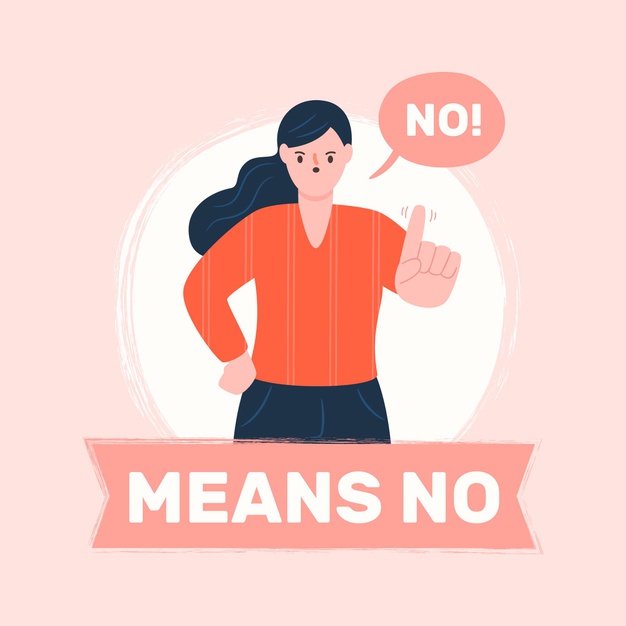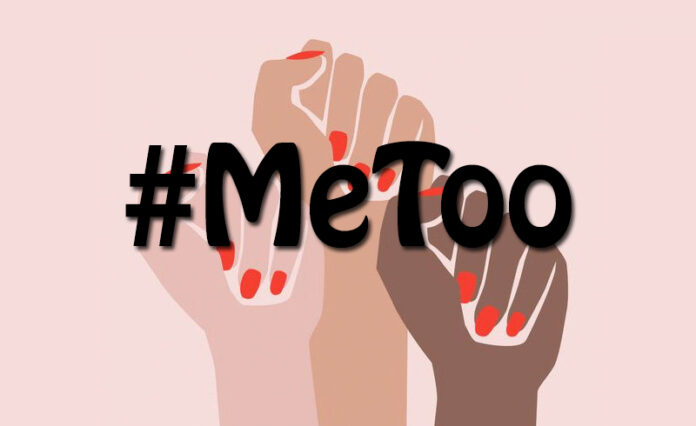By Veronika Sinou,
Recently, an allegation of rape emerged in Greece and somehow shocked the Greek public. Sofia Bekatorou, the Olympian sailing champion, accused a top sports official of sexually assaulting her in 1989. Her decision to speak out sparked an outcry in Greek society. Many female celebrities and well known figures followed her example by unveiling their experiences, most of them having already been sexually assaulted in the past.
The most difficult part about eliminating rape incidents is to track them down. The majority of these cases are coming to the fore years after the incident and sometimes at no time.
According to CNN, specifically in Greece, 65% of the women population have been sexually assaulted or raped. Although that percentage is perilously high, Greeks did not seem to recognize the magnitude of this issue until this day.
87% of the people contributing in the PRORATA questionnaire claimed that it is very difficult for the victim to be exulted by our current justice system and that does not apply only in Greek courts.
On a worldwide note, in the United States of America over 127,000 rape cases were reported and in England and Wales around 58,947 have been reported from the beginning until the end of 2019. Unfortunately, the following procedure after a victim reports the crime is rarely followed by trial, as there is lack of evidence: “Her word against His”.

The example of the range of females who have exploited their status in order to raise awareness to these crimes is an outstanding form of bravery that should be cherished. On the contrary, the comments and the stigma they receive by society proves that these incidents need to be faced effectively and coordinated by the state.
India’s example by creating fast-track courts to address raping cases, gives us a glimpse of hope for the future justice system’s efforts. Apart from that, we are witnessing no other bold movements towards the ongoing fight against rape culture.
“Violence against women and girls is one of the most pervasive forms of a human rights violation and should be recognized by all countries.” Dr. Anita Kemi DaSilva-Ibru, Women at Risk International Foundation.
The repetitive institutional failure to take allegations seriously made women themselves proceed to find new ways to expose dangerous men.
Callisto, for example, is the system currently used in many universities, where harassed women can either: a) create but do not file a report (in the possible case they want to file it later on) and b) enter their perpetrator into “matching” procedure, where after a person has several matches the authorities are notified. Another well known act of defense, formed by the society itself was the #Metoo social media movement.
Giving an end to sexual assault and turning the culpable to justice should not be taken into the hands of the “bravest”. Society has repeatedly made its efforts of creating an anti-rape culture, shouldn’t finally the state convict the rapists?
References
- CNN Sports, Sofia Bekatorou: Olympic medalist’s decision to speak out over alleged 1998 sexual assault sparks public outcry in Greece. Available here.
- CNN World, She’s on the frontline of a rape epidemic. The pandemic has made her work more dangerous. Available here.
- The economist, Why so few rapists are convicted. Available here.
- The Washington post, India now has nearly 400 fast track courts for rape cases. But ‘fast’ is a relative term. Available here.




